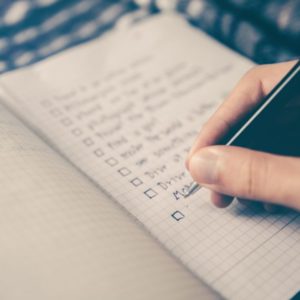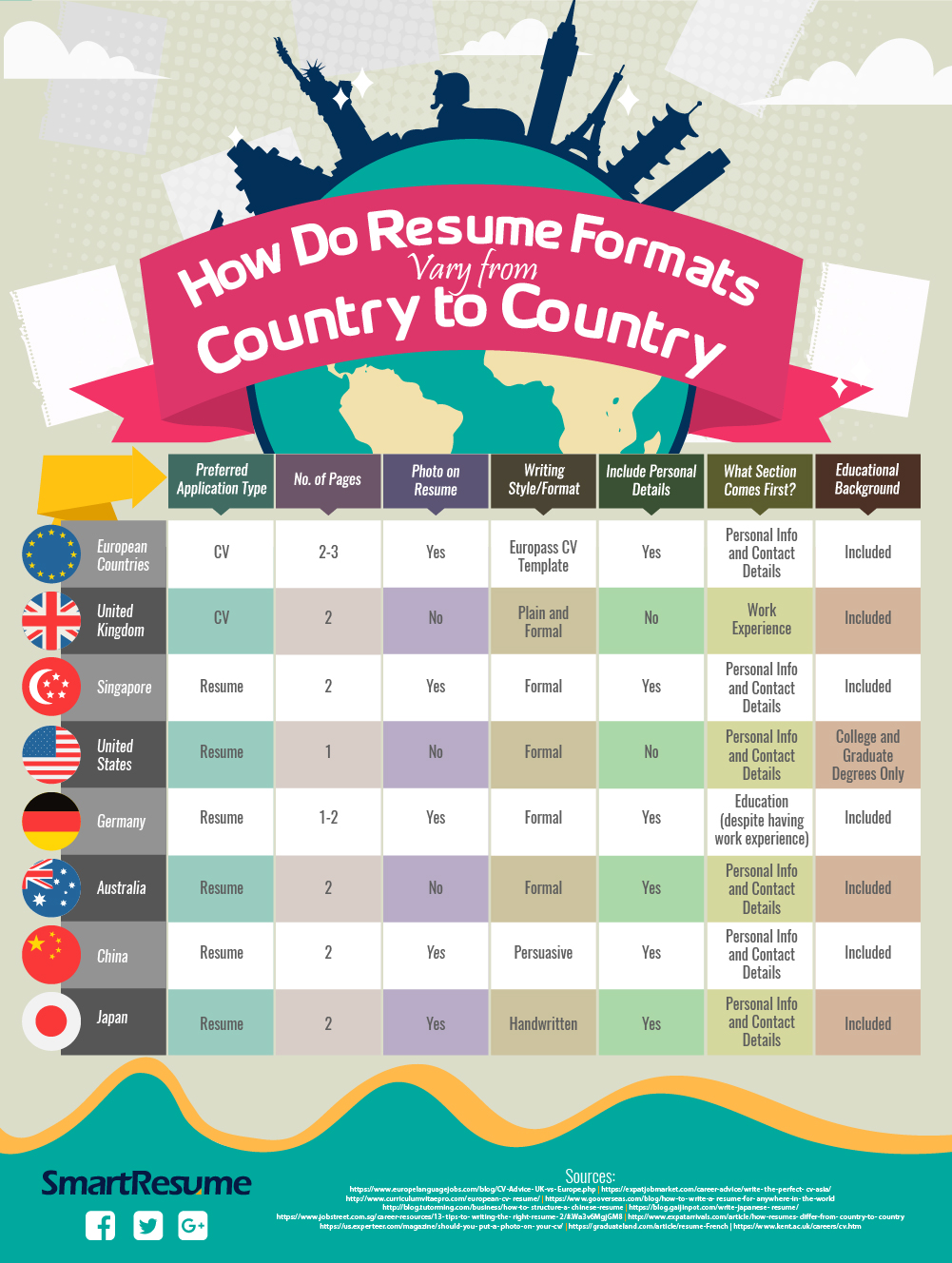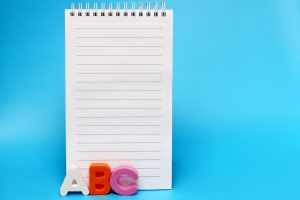Crucial Resume Must-Haves for Somebody Lacking Expert Skills

Your resume has a mere 6-second window to make or break your career. This brief span allows recruiters to quickly scan crucial resume components. Similarly, the choice of what information to include plays a significant role in refining your resume. Tailoring your resume for each country can be a valuable asset. Therefore, if you aim to craft an outstanding resume, strive to include the right information diligently. However, certain approaches like this can jeopardize your chances. Instead, eliminate trivial details and adhere to effective resume guidelines.
In this article, you will find resume writing tips that can help you pinpoint the key sections of your resume. So, create an updated resume checklist incorporating these resume suggestions.
Sections to Include Based on Standard Resume Guidelines
1. Professional Profile
Your resume must feature a clear professional profile so that when a prospective employer scans it, your desired position becomes immediately evident. Elaborate on your career path to pass the six-second test effectively.
2. Contact Details
While often overlooked, this information is a critical part of a professional resume. Include your contact details, such as your phone number, email address, and social media accounts, to ensure accessibility to potential employers. Make it easy for them to reach out for an interview.
3. Objective
Your career objective should be straightforward and convey the purpose of your resume. This is one of the essential elements of your resume as it helps you connect with hiring managers or employers.
4. Education
The education section should contain your graduate school and degree information, omitting primary and secondary education details. Some countries may require more comprehensive data, so adapt your resume according to your potential employer’s location.
5. Career Summary
This section provides a summary of your career information, so be mindful of how you craft it. Make it engaging and concise to ensure it captivates the reader’s interest and doesn’t come across as tedious.
6. Work History
For a professional resume, focus on your most recent job experiences and exclude your previous positions. Employers are primarily interested in your recent roles, as they want to gain insights into your skills and responsibilities.
7. Skills
While skills, volunteer work, or hobbies are optional in a resume, emphasizing them doesn’t mean you have to list them all. It’s more effective if you tailor your skills to align with your intended job. Similarly, you can select which skills to highlight in your resume based on the job description.
8. Strong Keywords
Incorporating relevant keywords can make your resume stand out. Extract keywords from the job posting but avoid verbatim repetition. Modify them while retaining the essence of the job advertisement. This practice aligns with the resume-scanning techniques of most employers.
9. Action Verbs
Employing action verbs in your resume adds vividness and directness to your descriptions. Action words carry more impact than adjectives as they emphasize your accomplishments, effectively marketing you to potential employers.
10. Achievements
Highlighting pertinent achievements and awards communicates to employers how you have tackled challenges and delivered results.
11. Numbers and Percentages
Infuse your resume with numbers and percentages to make it more engaging. These quantifiable metrics showcase specific outcomes and provide employers with valuable insights into your skills. While they require a small section of your resume, they offer employers a wealth of information.
Different countries have varying resume norms. If you are seeking employment in a foreign country, pay attention to their culture and resume guidelines. For more information, refer to the accompanying infographic.

Elements an Expert Resume Can Do Without
1. Personal Information
Avoid including personal details like weight, height, blood type, and other irrelevant information. Such details won’t help you secure a job.
2. Primary and Secondary Education
For a professional resume, omit your primary and secondary education. Additionally, some countries don’t require an extensive educational history, so be sure to check their guidelines.
3. Work Experience
Exclude unrelated work experiences from your resume as they can create gaps and make it less compelling. Irrelevant work experience can also harm your job prospects.
4. Criminal Records
There’s no need to mention that you have a clean criminal record on your resume. Employers will conduct background checks if necessary.
5. Negative Phrases
Since you’re presenting yourself positively, avoid using negative terms like “can’t,” “didn’t,” and “don’t.” Focus on highlighting your strengths and eliminate any language that undermines your qualifications.
6. Lies
Lies are detrimental to your credibility. While some applicants may try to hide certain information or weaknesses to improve their chances, lying is not a productive approach.
7. Spelling and Grammar Errors
Carefully proofread your resume to eliminate spelling and grammar errors. Basic mistakes can tarnish your professional image when presenting yourself to potential employers.
Resume guidelines help you include essential components in your resume. Remember, the success of your future career hinges on how effectively your resume markets you. Impress employers by showcasing your qualifications with a well-crafted resume.
If you still struggle to create an effective resume, consider hiring professional writers. Choose the best resume writing service for your job-hunting needs on this website .
Resources: The total amount | CAREERwise Education | Business Insider | Creature. com
Photo by Glenn Carstens-Peters on Unsplash
Associated Articles:
Do you know the Accepted Continue Guidelines?
Guide approach Pick the Correct Resume Creating Service



